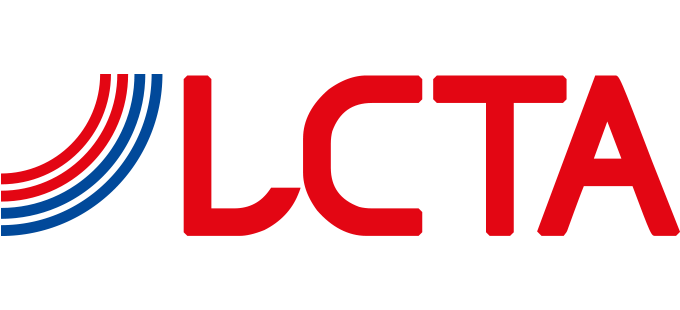10th Anniversary Of Lcta

This year the Lugano Commodity Trading Association (LCTA) celebrates its 10th anniversary. LCTA is a non-profit organization that brings together operators active in the commodity trading, shipping, insurance and financing of this sector. In order to comment on the growth and evolution of the association, we interviewed the president, Thomas Patrick.
What has LCTA done for the commodity trading industry over the years?
LCTA originally formed in 2010 as an association of 8 members all active in the commodity sector with an initial primary goal to improve the understanding of the economic contribution made by the commodity trading in Ticino. Commodity trading does not have brand name recognition and as such does not depend on advertising as a marketing medium to sale products; which makes the sector uniquely private. Commodities companies are rarely listed (Glencore being an exception) with the majority privately owned and often including management as shareholders. Other stakeholders include the banks, insurance companies, ship brokers, warehousing agents and forwarding agent, without which the industry could not operate. The business knowledge base is vested in these partner companies and organizations which operate confidentially given the complexity and specialty nature of operations managed by commodity traders. Brand awareness being absent, the companies must discern themselves through service quality and risk management skills critical to the sustainability in the commodity sector. It is not common for commodity companies to trade together due to the sensitively to sharing market price and customer information, which is where LCTA enters as an important channel for communication within the commodity sector. LCTA has established a common voice for its members that can be more clearly understood when representing the sector before local, regional and federal authorities.
So, is LCTA also involved in training?
Sure. A highly developed skill set is necessary to efficiently and safely move commodities through the supply chain, which is dependent on professionals more than plant and equipment. LCTA organizes a series of annual training modules or courses open to members staff to extend or tailor their operational knowledge. Moreover, LCTA offers a scholarship to at least one candidate enrolled in the University of Lucerne’s Advanced Studies for Commodities Professionals course (CAS), organized in collaboration with LCTA and the Zug Commodity Association. The investment in skills development and higher education focused on commodities is central to the importance that professionals play in the success of the commodities business.
How LCTA has evolved over the last 10 years?
As mentioned, LCTA formed in 2010 with 8 founding members. Today’s membership has increased to 55 spanning a wide business range including: energy, gains and metals trading; precious metals refining; insurance and banking; and shipping and materials handling.
There is a significant concentration of companies active in the commodity sector in both Geneva and Zug, represented by respectively by the Swiss Trading & Shipping Association (“STSA”) and the Zug Trade Association (“ZTA”). In 2015 STSA established itself as the umbrella association for the entire Swiss commodities sector, LCTA and ZTA joining as Institutional Members. This was an important development given the need to collectively confront matters at the Federal level, with STSA best positioned to address.
How important is the commodity trading for canton Ticino?
The private character of the commodities companies makes it difficult to fully assess the economic contribution made collectively by the business active in the sector. In Ticino, we estimate that there are approximately 120 companies active in the commodities with around 75 million Swiss francs in tax revenue and provide an important contribution to the Canton’s GDP. In the international context, Switzerland is the world’s biggest commodities trading hub. Its global market share is estimated at 35% for oil, 60% for metals and 50% for sugar and cereals respectively. Some of the world largest companies are commodity trading firms domiciled in Switzerland. The importance of the sector in the safe and efficient global movement of goods should not be understated.
After more than a decade of globalization that promoted open markets and reduced trade barriers, the current movement is marked by the challenge of protectionist actions and retrenchment to nationalist policies invoking tariffs and quotas that are complex for commodity traders to navigate. The role of the commodity trader remains essential for moving goods and managing all the risk involved, but the difficulty of managing today means fewer small companies can survive. It is less about trading and more about shipping and storage of goods, payment risk mitigation, and capacity to finance an extended supply chain. This makes LCTA and its affiliate associations more important as a place where information can be shared between members and skills developed to meet the challenges of a changing marketplace.
What is your wish at LCTA for its 10th anniversary?
This is LCTA’s 10th year anniversary, which unfortunately is marked by the most threatening public health scary of our lifetimes. While there is no doubt that we will survive the health crisis, it is likely that the “new normal” will reflect a change in behavior both personally and professionally. I am an optimist by nature and believe that the changed behavior will be for the better not worse. For LCTA I believe and hope that the association will be made stronger platform and provide a more forceful channel for information sharing among its members, as well as a stronger voice to educate the public on the importance of the sector in moving basic goods from the source of origin or production to the point of consumption.


